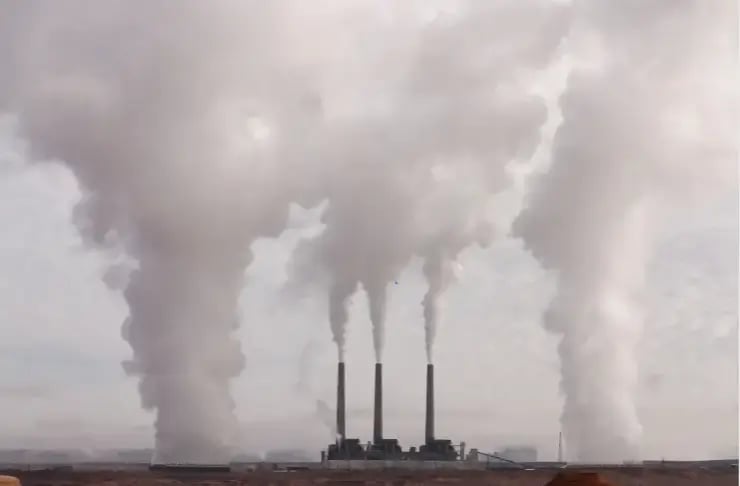Since January 1rst, 2021, in Germany a new CO2 pricing on fuels has been in force. It demands that from now on, a distributor will have to pay a fixed amount of 25 euros per ton of CO2 emitted through the combustion of fossil raw materials. In the long term, however, this amount will be raised to 55 euros by 2025, before prices can finally rise up to 65 euros per ton of CO2 in 2026.
While one could firstly assume that this new CO2-pricing law will only affect one’s Scope 1 emissions, hence those emissions that a company releases directly, the additional costs are rolled up along the value chains in such a way that Scope 2 and 3 emissions are also priced. This signifies that as a company or even a consumer also indirect CO₂-emissions derived from value and supply chains will cause higher cost spending in the future.
Background of CO2-pricing
In Germany, CO2-pricing has been part of the EU Emissions Trading Scheme (EU-ETS) since 2005. As the European Union’s central climate protection instrument, emissions derived from power generation, energy-intensive industries and aviation have already been subject to additional taxation. However, in order to extend the areas of application to both the transport and heat technology sectors, the German government has now made an amendment to the Fuel Emissions Trading Act. The money, which is now generated from the additional pricing of carbon dioxide will be used by the German state to financially support the expansion of the energy system transformation.
The new pricing finds its origin in the Climate Protection Program 2030, which was adopted by the German government in 2019. It aims to create an economic incentive for energy-saving measures as well as for the increasing use of renewable energy sources. Globally, 26 countries have already inserted additional pricing on carbon emissions. A report by the World Bank State and Trends of Carbon Pricing 2019 states that this means that around 11 billion tons of CO₂ equivalent, which corresponds to around 20% of global greenhouse gas emissions, are additionally price-tagged.
.webp?width=407&height=191&name=Unbenannt-1-3%20(1).webp)
(The World Bank 2021)
What does the new CO2-price mean for my company?
The additional cost of emitting CO₂ in the future will be spread across the entire supply and production chain. Consequently, both end consumers as well as companies will have to reckon with price surcharges for fossil fuels in the coming years. For example, the price of a liter of diesel or heating oil will initially rise by 6.7 cents and ultimately by 14.7 in 2025. The use of natural gas will also become more expensive – while a price surcharge of 0.5 cents per kilowatt hour is initially expected, this will increase to 1.1 cents by 2025. If you engage in a company, whose corporate performance relies upon the extended use of energy, you need to expect high additional costs due to the new CO₂-pricing. For example, if you consume 5 gigawatt hours per year, you must calculate an extra spending of 30,000 euros in 2021 and 65,000 euros in 2025.
How can I evaluate my (in-)direct carbon emissions and introduce energy-saving measures in my business?
With our LCA software Umberto we can provide you with a precise balance of your energy consumption and thus show you corresponding improvement and savings potentials. Being aware about the existence of emissions (also known under the principle of carbon transparency) within value and production chains is here key.
With help of Umberto, you can not only assign a price to your direct emissions within Scope 1, but also identify optimization potential for the entire corporate carbon footprint (Scope 1-3).
Be welcomed to contact our sustainability consulting team and arrange an appointment for personalized consulting.






